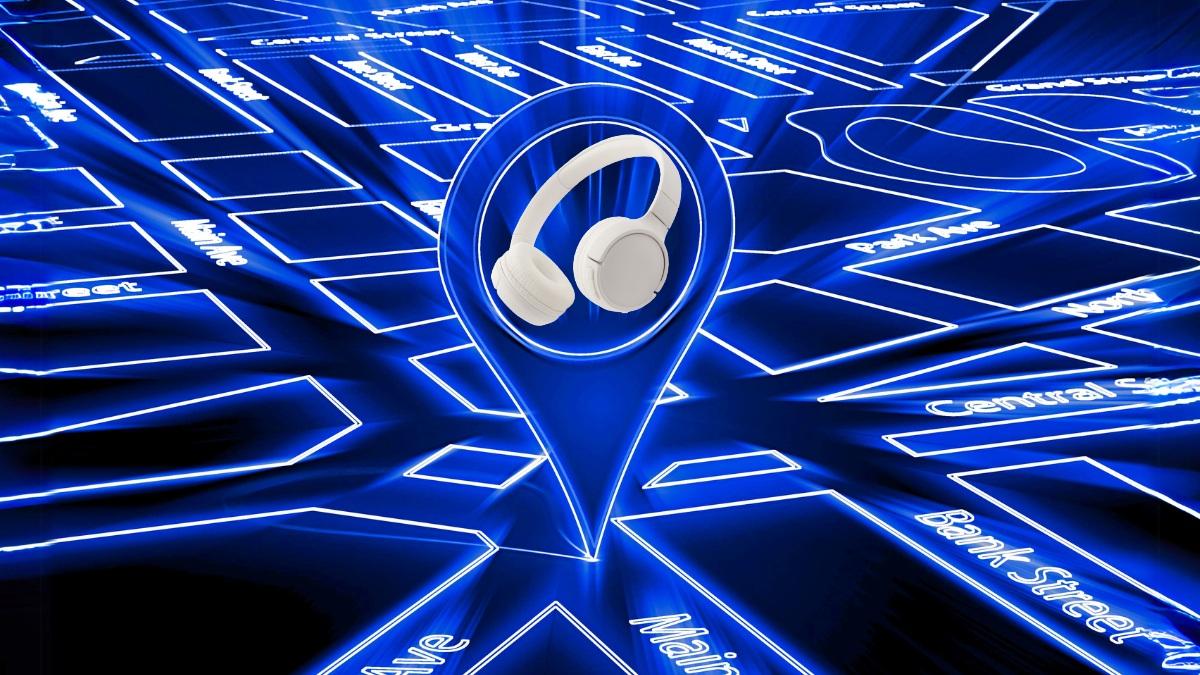And it’s all because of Bluetooth.
According to recent revelations, the U.S. government is allegedly purchasing vast amounts of personal data from commercial brokers. This data could include audio recordings and location tracking from Bluetooth headphones, allowing the government to watch citizens without warrants.
The data collected could give the government a look into where people go, what they do, and even what they believe. This raises worries about privacy and whether it’s legal for the government to get this kind of data from businesses.
How Bluetooth Headphones Can Be Used for Surveillance
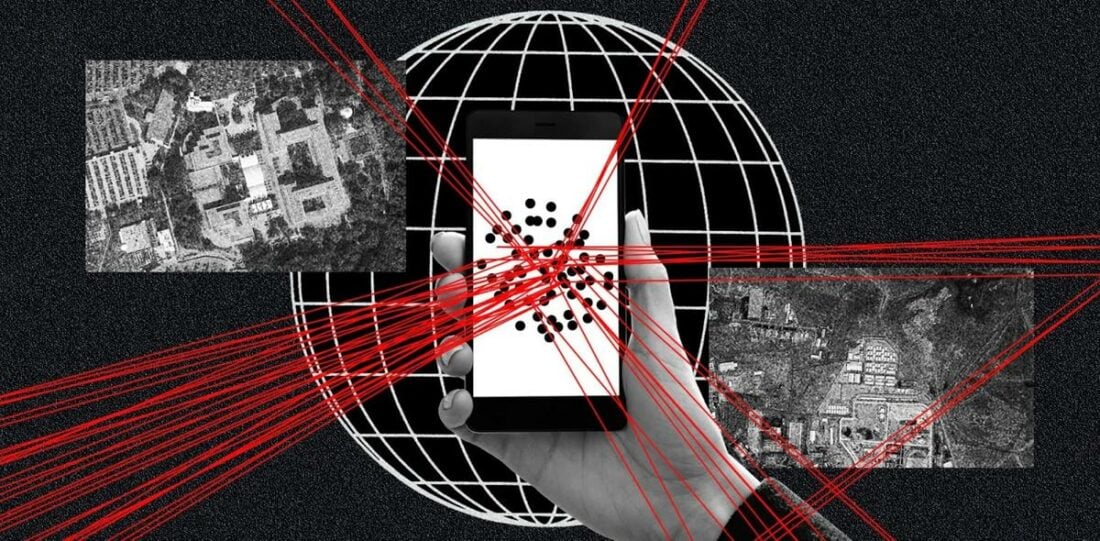
Bluetooth technology lets devices “talk” to each other wirelessly over short distances. When a device, such as a pair of headphones, is set to “discoverable” mode, other Bluetooth devices in the area can find and track it.
This function makes it possible to track movements and, by extension, survey individuals.
The tracking capability of Bluetooth is limited in range. However, placing receivers in key spots can help track movements over bigger areas.

These beacons can catch signals from wireless devices, including headphones, and send this data to a central system. Such systems can then create a detailed map of where and how people move, revealing their locations and routines.
The Legal Gray Area of Data Surveillance
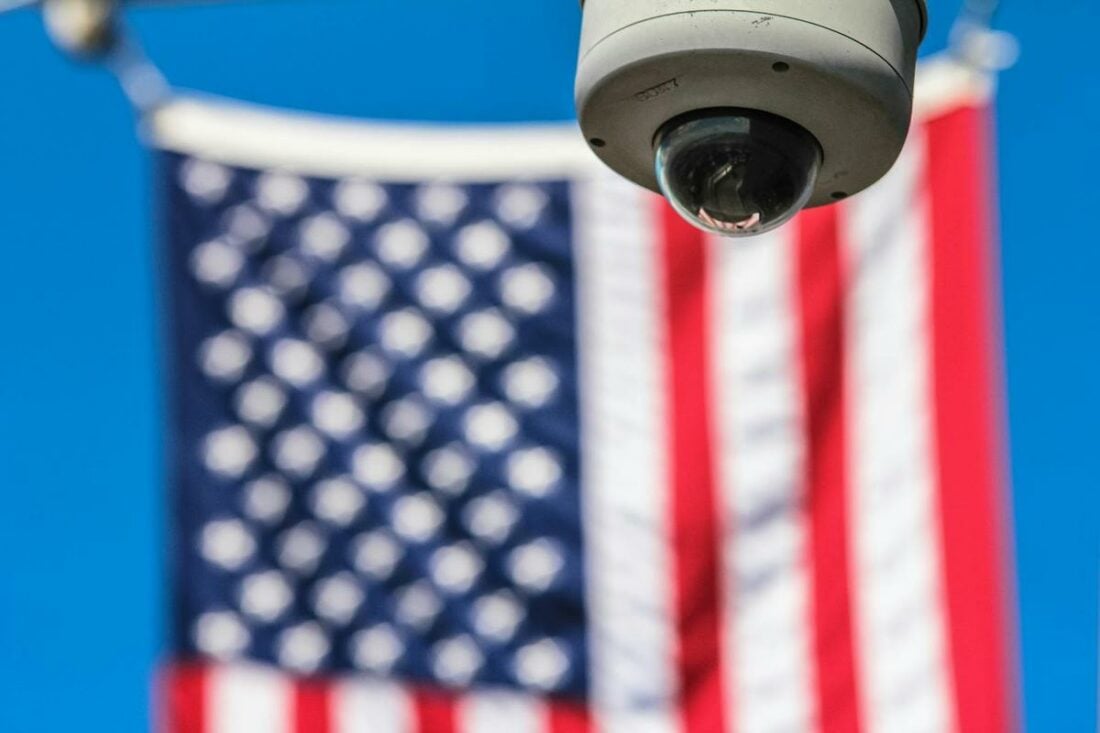
Surveillance through data and technology is not new nor always legal.
But, a journalist, Byron Tau‘s, research explained that the U.S. government uses consumer data for national security and law enforcement. This includes agencies like the CIA, the Department of Defense, and the Department of Homeland Security.
He says that instead of getting this information through usual legal ways, they buy it from companies. This shows a change in surveillance methods, bypassing legal channels and exploiting the gray areas of consent and anonymity.
Tau says that the commercialization of surveillance shows a worrying trend: Agencies can get a hold of detailed personal information and locations without a warrant. This is possible because of loosely regulated data brokers who sell this information.
Data brokers often say that the information they sell is anonymous and collected with user consent. However, investigations have shown that people can be re-identified by looking at their patterns. They have also shown that consent is often buried in long terms of service agreements that users rarely read.
Once data is shared with a company, control is lost, and it can end up with the government.
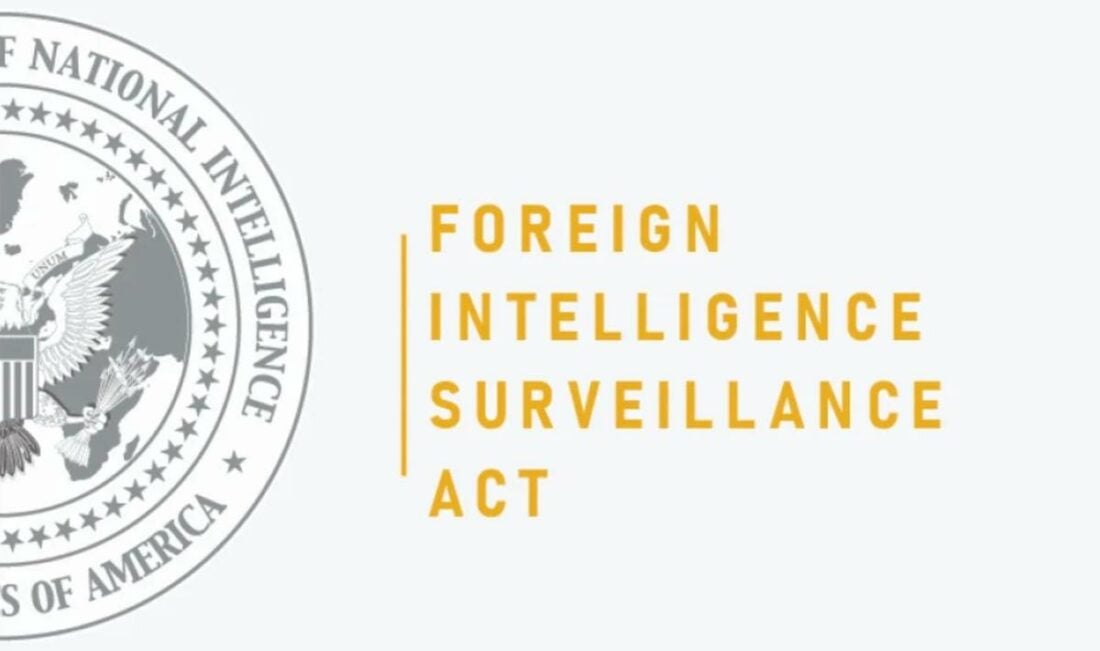
A group of U.S. lawmakers is also trying to stop the government from buying commercial data without court approval. They want to add a rule to the FISA Section 702 spy law, which Congress needs to approve again by April 19.
The rule would stop U.S. government agencies from buying data on Americans. But, it would let law-enforcement agencies and the intelligence community keep buying data on foreigners.
However, the Biden administration has been fighting against the rule. They say it would hurt important activities of the intelligence community and law enforcement.
Real-World Cases of Alleged Spying Through Headphones
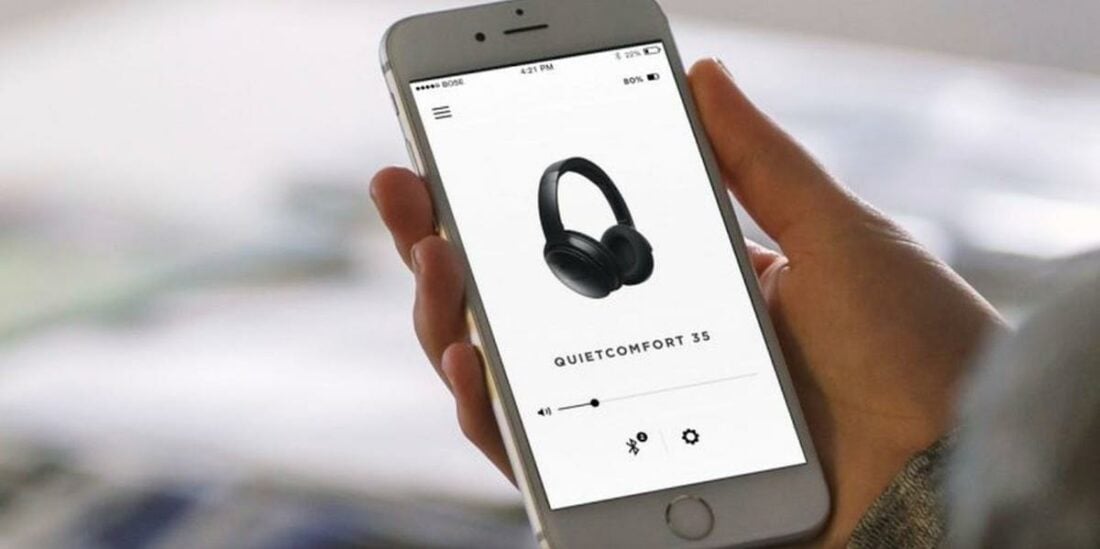
In 2017, Bose Corp was accused of secretly tracking what users listened to through its Bose Connect app.
The plaintiff, Kyle Zak, said that after buying the Bose QuietComfort 35 headphones and using their app, his listening habits were tracked and shared with companies. This included a data collection firm called Segment.io.
The lawsuit asked for millions of dollars in damages for buyers of various Bose headphones and speakers. It also wanted the alleged data collection to stop. It claimed that customers do not see the Bose app’s user service and privacy agreements when signing up. And, that the privacy agreement does not mention data collection.
Yet, this was dropped in 2021 because the plaintiff was unable to prove that any eavesdropping or privacy breaches had taken place.

A Reddit post by u/podvrsac on the r/headphones subreddit also alleged a similar tactic being done with his Sony WH1000XM3 headphones.
He shared that after installing NetGuard on his phone, he noticed that the Sony headphones app kept connecting to unfamiliar servers. He also noted that the app continued doing this while he wasn’t using the headphones. As such, he and several other commenters believed that the app was collecting more data than necessary.
The Bose and Sony cases were about private companies. But, the news about government data purchases suggests that similar surveillance could be happening on a much bigger scale.
In one example, a Department of Homeland Security document showed that the agency used purchased location data to find “connections in Mexico and Central America which were not known and possible [accomplices] and international links to MS-13 gang homicides”.
